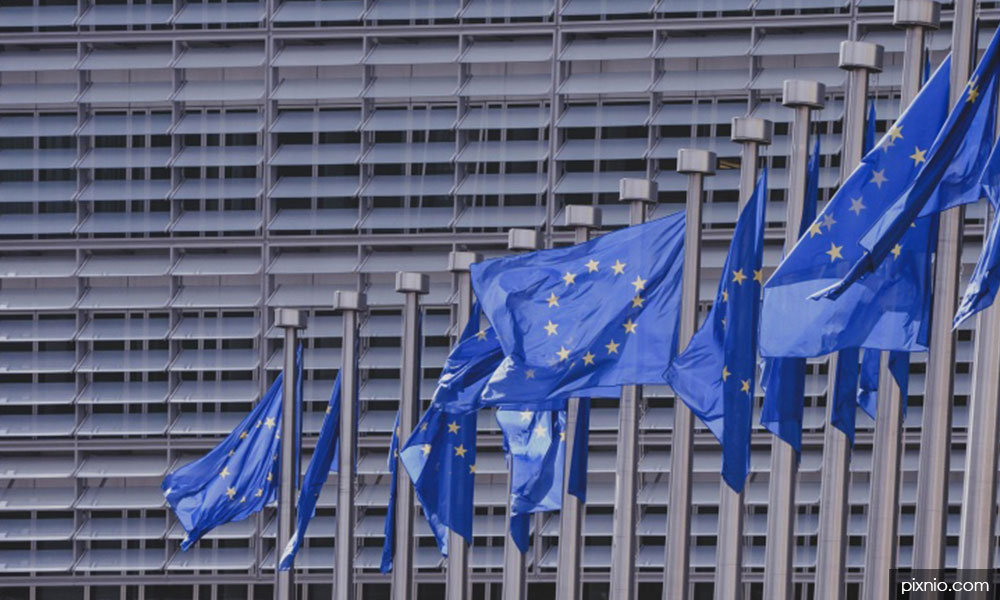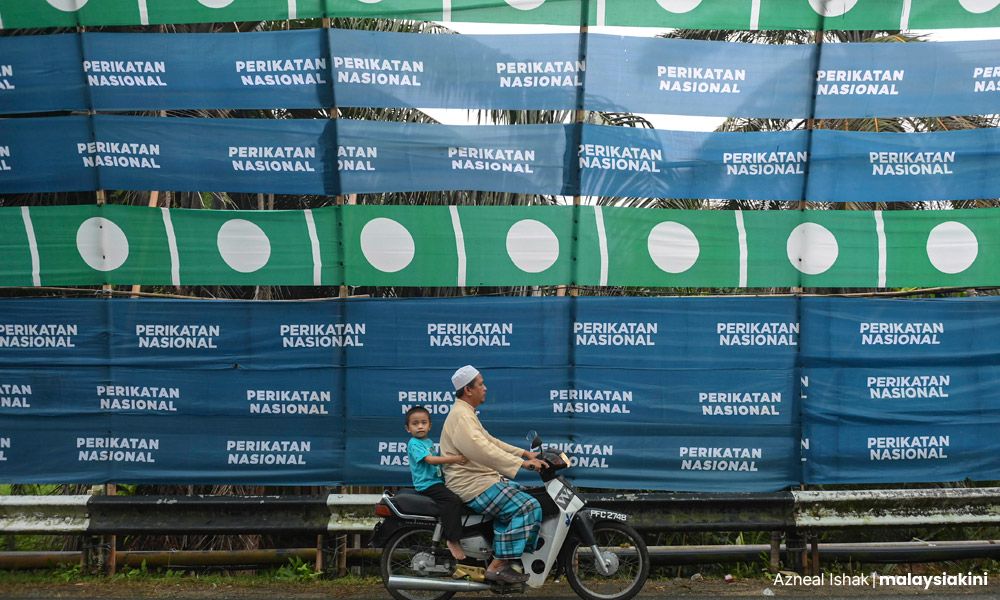A 17-year-old individual has been charged with the murder of three girls and the attempted murder of 10 others in a dance class stabbing in Southport, England, as of yesterday.
This tragic event, which took place on Monday, represents one of the most egregious mass stabbing incidents involving children in the United Kingdom in recent years.
On Tuesday, violent confrontations in response to the stabbing erupted between far-right demonstrators and law enforcement in Southport, with the police identifying these individuals as affiliates of the far-right English Defence League.
French security services recently apprehended an 18-year-old far-right extremist believed to be planning attacks during the upcoming Paris Olympics, as reported by France24.
The individual, who served as the administrator of a Telegram group known as the French Aryan division, is currently under interrogation by anti-terror authorities following his arrest in the northeast region of France.
The two incidents suggest that the rise of right-wing extremism is a worrisome trend on a global scale.
Gaining traction, mainstream appeal
The Lowy Institute highlights that this extremism takes on various forms, such as populist nationalist movements, anti-immigrant sentiments, and anti-Islam protests.
It is not limited to street demonstrations but also includes electoral successes by far-right political parties and youth violence linked to neo-Nazi and White Supremacist beliefs.

Moreover, right-wing extremism is no longer confined to individual countries; it has transformed into a transnational subculture. Different local movements now share common values, myths, symbols, and aesthetics across borders.
These movements converge ideologically, aided by globalised narratives like the alleged White genocide and organising principles such as events, conventions, and speaking tours. The surge of right-wing extremism poses a significant threat to democratic institutions.
Its anti-democratic, exclusionary, and conspiratorial aspects erode social cohesion and stability. Governments need to acknowledge its mainstream and transnational character to formulate effective policy responses.
Hence, grasping the intricacies of right-wing extremism is essential.
Right-wing extremism is a political ideology that opposes democracy and equality, often characterised by racism, xenophobia, exclusionary nationalism, conspiracy theories, and authoritarianism.
The European Commission defines violent right-wing extremism as actions that involve the use, incitement, threat, legitimisation, or support of violence and hatred to advance political or ideological objectives.

These ideologies typically reject democratic principles, fundamental rights, and values, focusing on exclusionary nationalism, racism, xenophobia, and other forms of intolerance.
The far-right movement in Europe concentrates on various issues, particularly targeting xenophobia.
It strongly advocates for national values and emphasises a deep connection to a specific political, cultural, and linguistic identity, sometimes showing tendencies towards religious extremism.
Bulgaria, France, Germany, Hungary, Italy, Poland, and Sweden each exhibit distinct forms of right-wing extremism, influenced by historical background, political environment, and societal factors.
For example, Germany has seen the emergence of far-right factions while France faces challenges related to extremism and radicalisation.
European nations have implemented diverse legal measures to combat right-wing extremism, such as enacting hate crime laws, monitoring extremist organisations, and promoting social unity.
Establishing a clear definition of right-wing extremism is essential for comprehending, researching, and addressing the issue effectively.
Enhancing collaboration among EU member states, exchanging best practices, and fostering education and awareness are crucial steps in combating right-wing extremism.
United Kingdom
Based on information provided by the UK’s official government website, extreme right-wing terrorism (ERWT) in the country involves individuals who resort to violence in order to advance their extreme right-wing beliefs.
These beliefs can be broadly classified into categories such as cultural nationalism, which revolves around the notion that “Western Culture” is under threat due to mass migration and the perceived lack of integration by specific ethnic and cultural groups, often accompanied by anti-Islam sentiments.

White nationalism, on the other hand, is characterised by a fear that demographic changes pose a serious threat to the White race and Western culture, with proponents advocating for a White homeland.
Additionally, White supremacism entails a belief in the superiority of the White race based on physical and mental attributes, sometimes intertwined with conspiracy theories and quasi-religious ideas.
It is crucial to recognise that ERWT is not a unified movement but rather comprises disparate factions and individuals.
Since 2016, the UK has outlawed five ERWT groups, all of which adhere to White Supremacist ideologies. The main danger lies in the radicalisation and motivation of self-initiated terrorists. Incidents involving ERWT perpetrators have taken place in the UK since 2017.
It is highly probable that ERWT attacks in the UK will be carried out by self-initiated terrorists radicalised by right-wing extremists from other countries.
Recent examples include a right-wing extremist violating a terrorism prevention order by searching for Andrew Tate online. Another extremist, who was subject to special government surveillance, is facing potential imprisonment for breaching the order.
In Scotland, a “right-wing” extremist was sentenced to jail for terrorism-related offences, including the possession of a taser.
Malaysia
The Perikatan Nasional coalition, a right-wing Malay-Muslim alliance, has gained significant traction in recent state elections.
PN has strengthened its presence in states with a Malay majority such as Kelantan, Terengganu, and Kedah, while also making progress in states previously controlled by Pakatan Harapan.
PAS plays a crucial role within the PN coalition, utilising a history of indoctrination and mobilisation efforts. PAS strategically infiltrates conservative grassroots networks, engages with the youth, and cultivates social capital based on shared religion-political values.

Loyalty to PAS leaders is reinforced through theological doctrine, contributing to the party’s resilience. The emergence of right-wing forces led by PAS raises concerns about their impact on Malaysia’s diverse society.
The rise of right-wing extremism, coupled with the utilisation of race and religion by some members of the ruling party underscores the need for proactive measures to preserve Malaysia’s multi-racial fabric and ensure peaceful coexistence.
It is crucial to devise efficient tactics to combat this influence and maintain social cohesion.
Failure to acknowledge and address this threat could result in our country facing similar challenges as France and the UK, ultimately endangering our nation’s distinct identity and posing a national security threat.
Conclusion
In summary, to effectively confront this threat, it is essential for policymakers, researchers, and experts to work together to address this global issue. Their initiatives should focus on countering extremist ideologies, fostering tolerance, and reinforcing democratic principles.
Furthermore, addressing right-wing extremism necessitates a holistic approach that transcends national borders and recognises its diverse manifestations and impact on democracy.
Fundamentally, right-wing extremism stands in opposition to the principles of equality and democratic values.
R PANEIR SELVAM is the principal consultant of Arunachala Research & Consultancy Sdn Bhd, a think tank specialising in strategic national and geopolitical matters.
The views expressed here are those of the author/contributor and do not necessarily represent the views of MMKtT.



No comments:
Post a Comment
Note: Only a member of this blog may post a comment.